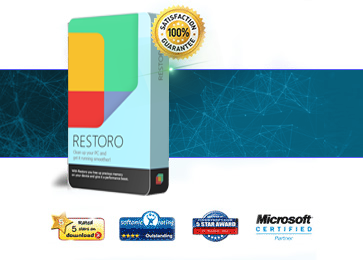If you aren’t already concerned about your social media security, then you better start. Over the last few days, nearly 55,000 Twitter usernames and passwords were leaked onto Pastebin, effectively giving anybody access to the accounts on the list.
Despite nearly 20,000 of the listings being duplicates, this leak illustrates how powerful hackers are becoming in their fight against social media.
Fortunately, it’s not all doom and gloom: Twitter took quick action against the accounts listed on the Pastebin leak. Instead of simply watching its users’ accounts get hacked, it forced password resets on all of them.
The full details of the leak are featured on CNET.
While Twitter was able to act fast against this leak, thousands of social media account passwords are being leaked onto the internet every day. If you value your Facebook or Twitter accounts with your life, and don’t want to explain to your friends why your account was hacked, then you need to protect yourself online.
How to prevent your social media accounts from being hacked
There are a few ways that social media accounts get hacked. Here are the best ways to protect yourself from each method of hacking:
-Phishing scams: Some hackers phish for your information by sending you fake emails or directing you towards malicious websites. In many cases, these malicious websites will look exactly the same as Facebook or Twitter, or will at least have the same color scheme. This tricks users into wilfully giving up their username and password information. Once that occurs, the hacker instantly has your information.

To protect yourself from phishing schemes, never enter your social media account username or password any place other than the official Facebook and Twitter sites. Use a secure connection (https) to be extra careful, and always check the address bar before entering your information to ensure that you’re at the correct URL. If an email looks suspicious, don’t click on it! If you suspect that your information has been stolen, change your password immediately.
-Using the same password on other sites: The most common way in which social media accounts get hacked is through hacking into other sites and stealing their data. While Facebook and Twitter have incredibly secure servers, other sites do not have the same security and protection. For that reason, hackers will target the weaker sites and then steal user information from there.
Why is this a problem? Well, if you’re like most people, then you use the same password for all of your accounts. While this is convenient, it’s a very bad idea, and it has landed a lot of people in hot water. In the past, dating websites have been hacked, revealing the user information of hundreds of thousands of social media accounts. By extracting the email address and password from this information, it doesn’t take long to gain access to your Facebook and Twitter accounts.
Preventing this security leak is simple: use a different password for each one of your accounts. This may not be a big deal for major websites like Facebook or Twitter, but it might be a good idea to have a unique password for “low-security” websites. For example, if you need to sign up to some shady email list in order to gain access to a certain page of a website, then you might want to use a secondary email address that is not connected to your other accounts.
While this may seem like an unnecessary amount of precaution, it’s what you need to do if you want to comprehensively protect your social media accounts.
The third solution
Of course, if you don’t want to follow all the painstaking tips listed above, you can simply rely on good antivirus software. This will alert you whenever somebody is trying to gain access to your computer, and good antimalware programs will even prevent you from traveling to malicious websites that will steal your password information.
In many cases, antivirus software relies on a database of malicious websites that users have reported to be dangerous. By blacklisting these websites from your computer, a good antivirus program protects your PC and ensures that your social media accounts stay 100% safe.











